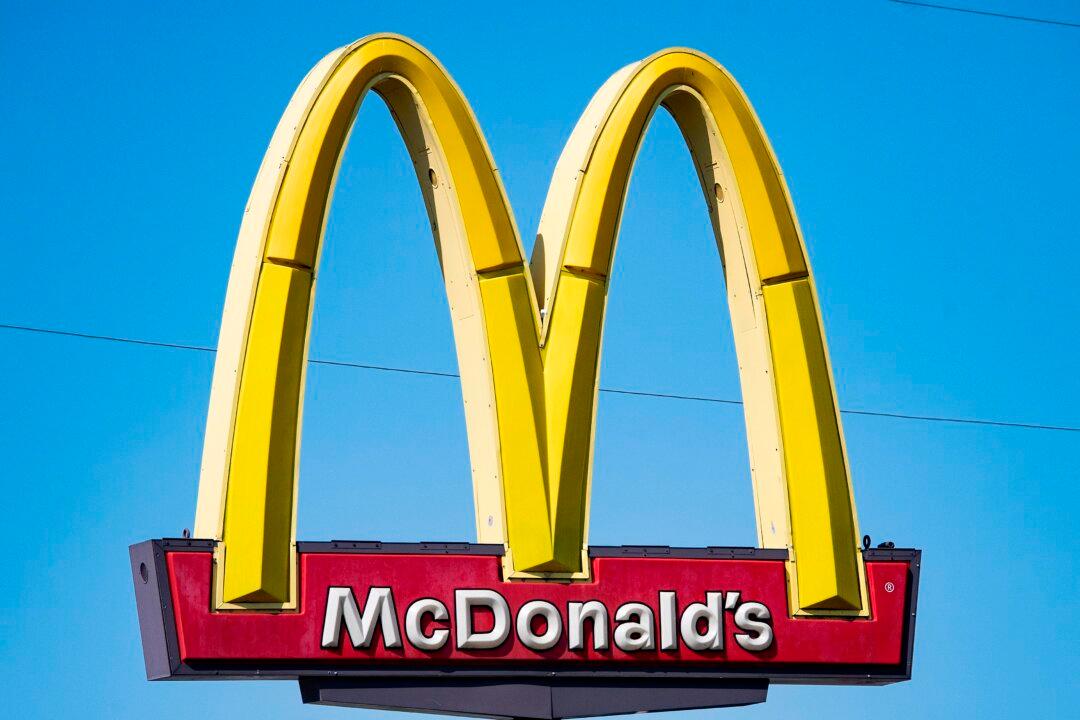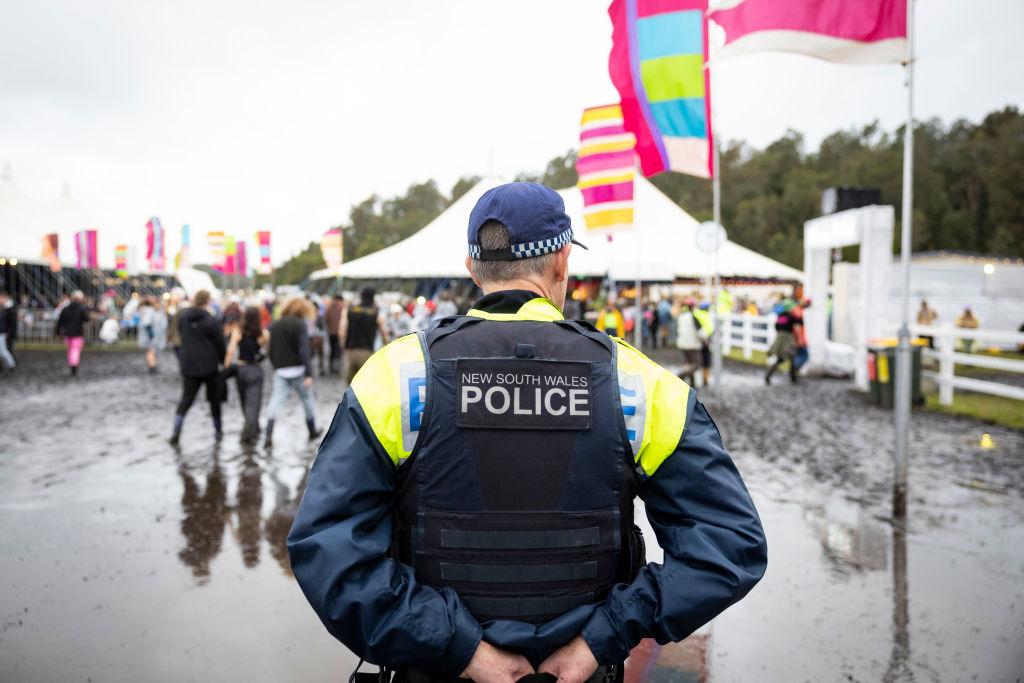Furious McDonald’s customers are contemplating a potential boycott of the popular fast-food chain due to some outlets going cashless.
The uproar erupted when a disgruntled customer shared a photo of a sign at a McDonald’s drive-through in Clayton South, Melbourne, revealing cash would not be accepted at specific times.





